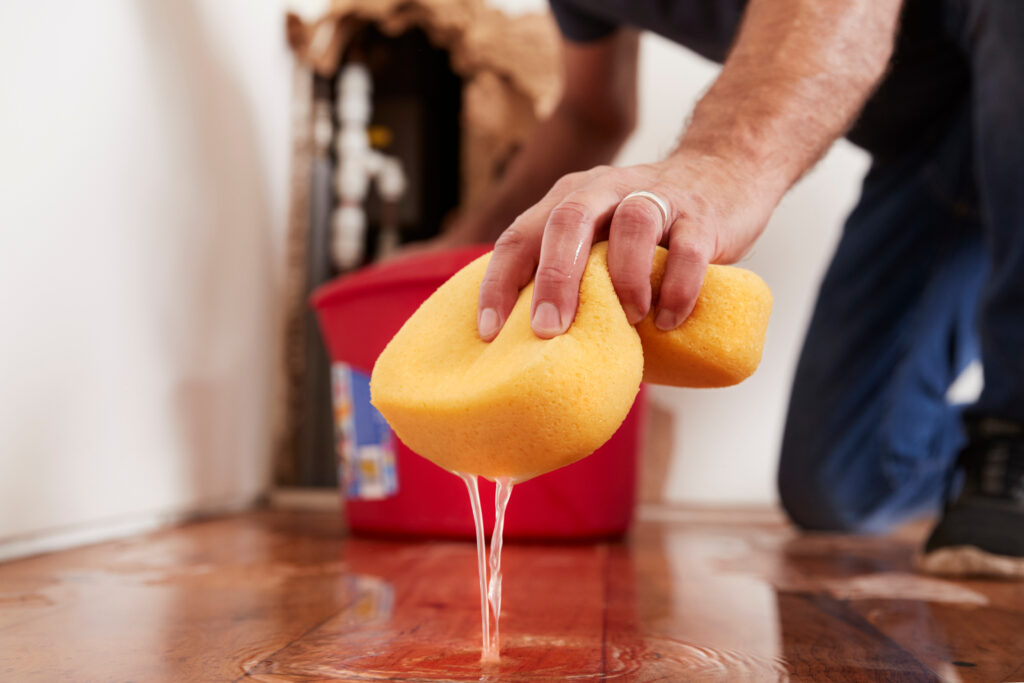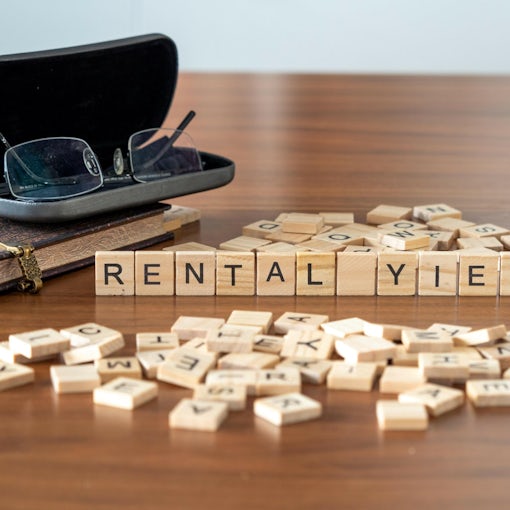Water escaping and causing damage is the single largest cause of insurance claims in rental properties. According to statistics, claims for water damage not related to natural flooding have steadily increased over the last 15 years. Escape of water claims have reached a staggering £930 million each year and account for 29% of all claims. As in all things, prevention is better than cure so it is important to protect your rental property from escapes of water. Not only will this mitigate the need to make a claim, it also helps your tenant, who would probably need to move out while any water damage is sorted, most likely at the landlord’s expense.

Communication
Any landlord will want their tenant to talk to them about even the smallest issues, so it is important to communicate with tenants. Ask them how things are on a regular basis, make sure to respond to any issues, big or small quickly and be patient and flexible. The more responsive you are as a landlord, the quicker you respond to your tenant, the more likely they are to let you know if something is going wrong. Fixing a small issue is cheaper and quicker than fixing a large one. Make sure your tenant knows where the stopcock is and make sure it works. Turning the water supply off quickly in the event of a leak will minimise any damage, also ask the tenant to turn off the water stopcock if they are going away for any period of time.
Inspections
Make sure to check for leaks during inspections, any signs of damp on walls or ceilings should be investigated, even the smallest leaks, over time can cause serious damage. Check shower heads for limescale build up and ask the tenant to regularly descale their washing machine. Try to check that overflows in toilets are working and check any dishwasher or washing machine supply and waste pipework for damage or kinks.
Maintenance
Make sure the boiler is serviced every year, especially before the winter period. Winter sees significant numbers of boiler breakdowns and boiler leaks. Make sure your tenant understands the importance of using sinks and toilets properly. This might sound a little demeaning, but how many people let their sink drains clog up with fats or flush things down the toilet that cause blockages? Even things like cleaning out the dishwasher drain pipe is important as they can block up very quickly and cause a flood. Supply drain protectors for sinks to stop food debris going into the waste pipes.
When it comes to pipes and water tanks, make sure that they are properly insulated, especially ones that run outside, in garages or lofts. These can easily freeze and burst causing a serious flood when everything thaws again.
When installing new plumbing, inspecting old plumbing or repairing any issues, use a professional and well-regarded plumber. It can be tempting to do the work yourself to save money, but unless you are experienced and proficient, the likelihood is that the work won’t be robust increasing the potential for a leak.
Ensure that things like cracked tiles in bathrooms and kitchens and damages sealant around sinks, shower trays and baths are repaired quickly and properly. It’s amazing how much water can seep down the back of a bath causing damage to the flooring and walls.
Make sure, especially in winter that a sensible temperature is maintained in the property, especially if it is empty. It might not be the cheapest thing to do but ensuring that the temperature in the property is at least 10 degrees will stop internal pipes from freezing up.
Escapes of water are costly, but with some basic precautions and early intervention, the potential for damage can be minimised. Ensuring that your tenant is also aware of what to do and when to report an issue is also important as they are in the property day in day out and will spot any issues quickly.






